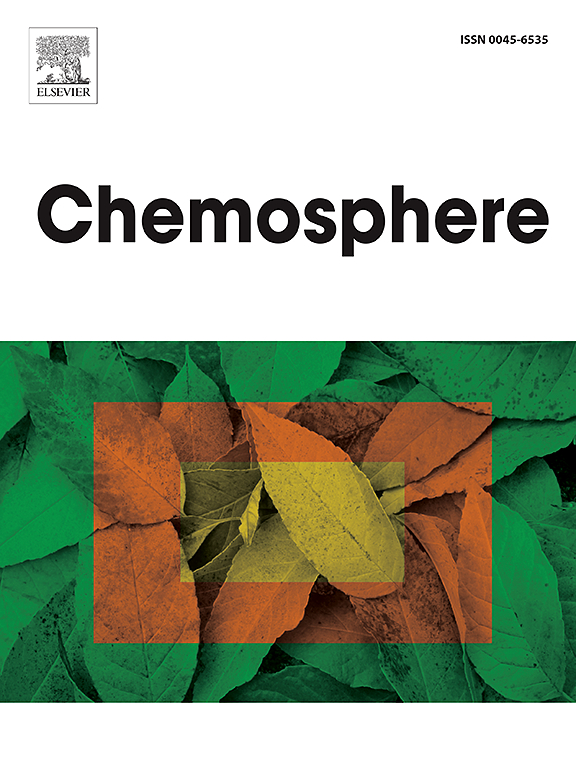Efficient and anti-interference plastic classification method suitable for one-shot learning based on laser induced breakdown spectroscopy
IF 8.1
2区 环境科学与生态学
Q1 ENVIRONMENTAL SCIENCES
引用次数: 0
Abstract
Efficient recycling of plastics is critical for environmental sustainability. In this work, an efficient and anti-interference method for plastic classification based on one-shot learning and laser-induced breakdown spectroscopy (LIBS) was proposed. A residual neural network model with full-spectrum training (ResNet-FST) was developed based on convolutional neural networks, achieving an accuracy of 99.65 % in one-shot learning classification. A multi-parameter peak search algorithm was employed to extract key spectral features, and a linear residual classification model with peak auto-search (LRC-PAS) was developed to further enhance efficiency. The number of residual blocks and neurons was optimized to 2 and 80, respectively. Compared with ResNet-FST, LRC-PAS significantly improved classification efficiency. The mechanism underlying the spectral interference caused by plastic additives in LRC-PAS was elucidated. The anti-interference of additives in LRC-PAS was achieved with high accuracy. The results demonstrated that the proposed method achieves highly efficient and anti-interference classification of plastics, demonstrating great potential for real-time classification in the recycling industry.

基于激光诱导击穿光谱的高效抗干扰的一次性学习塑料分类方法
塑料的有效回收对环境的可持续性至关重要。本文提出了一种基于单次学习和激光诱导击穿光谱(LIBS)的高效抗干扰塑料分类方法。在卷积神经网络的基础上,建立了全谱训练残差神经网络模型(ResNet-FST),一次学习分类准确率达到99.65%。采用多参数峰搜索算法提取关键光谱特征,并建立了基于峰自动搜索的线性残差分类模型(LRC-PAS),进一步提高了效率。残块数和神经元数分别优化为2个和80个。与ResNet-FST相比,LRC-PAS显著提高了分类效率。阐明了塑料添加剂对LRC-PAS光谱干扰的机理。结果表明,LRC-PAS具有较高的抗干扰性。结果表明,该方法实现了高效、抗干扰的塑料分类,在回收行业中具有很大的实时分类潜力。
本文章由计算机程序翻译,如有差异,请以英文原文为准。
求助全文
约1分钟内获得全文
求助全文
来源期刊

Chemosphere
环境科学-环境科学
CiteScore
15.80
自引率
8.00%
发文量
4975
审稿时长
3.4 months
期刊介绍:
Chemosphere, being an international multidisciplinary journal, is dedicated to publishing original communications and review articles on chemicals in the environment. The scope covers a wide range of topics, including the identification, quantification, behavior, fate, toxicology, treatment, and remediation of chemicals in the bio-, hydro-, litho-, and atmosphere, ensuring the broad dissemination of research in this field.
 求助内容:
求助内容: 应助结果提醒方式:
应助结果提醒方式:


